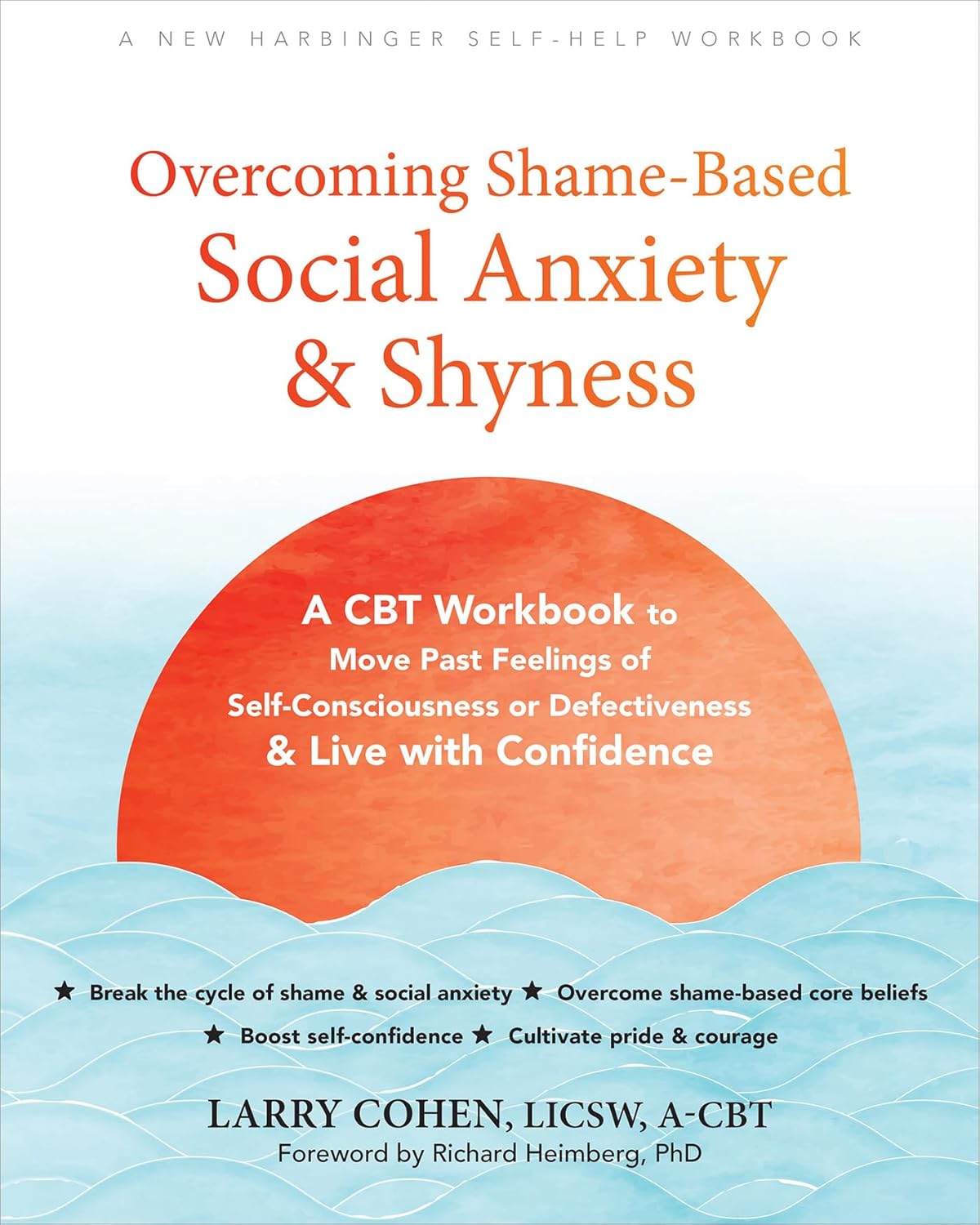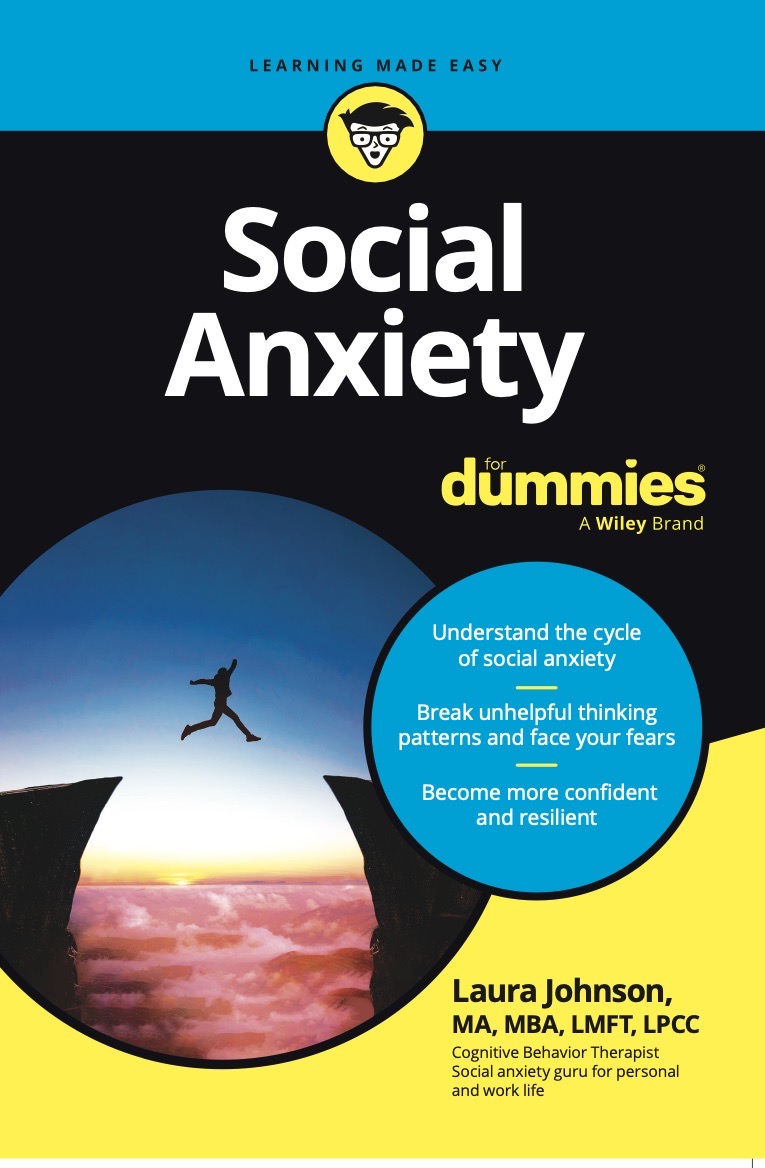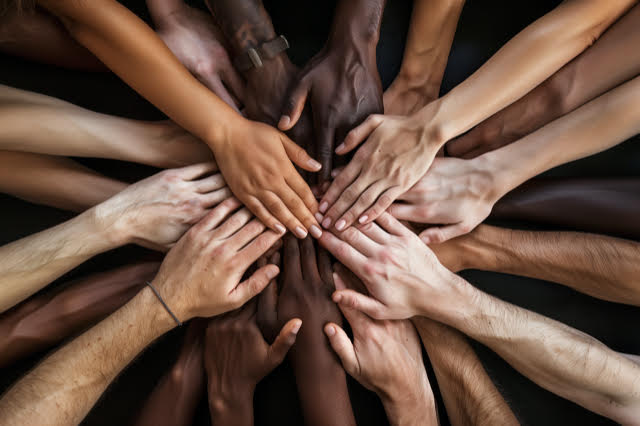Making friends and finding community as an adult is no easy feat. Figuring out what communities you align with and where you will feel accepted takes a lot of trial and error. This can be especially tricky for someone with social anxiety, and even more so for someone who is non-monogamous.
Social anxiety gets in the way of making new friends. Commonly, people with social anxiety experience fear of rejection, avoidance of social situations, and fear of other people’s judgment. With these thoughts in mind, it can be nearly impossible to get yourself out of the house, let alone into a social situation to make friends.
This can intensify when we try to be honest about who we are, including being non-monogamous.
We know how important it is to feel part of a larger community. Figuring out who will accept and encourage your lifestyle can be daunting. But how do we take the first step when anxiety about being accepted takes hold?
Authenticity and Anxiety
Building authentic connections might sound like a high-pressure situation, but cognitive-behavioral therapy (CBT) tools can help. We learn how to reframe our anxious thoughts into more realistic ones, whether they are about the risk of being vulnerable, obstacles to connecting with others about non-monogamy, or even questioning lifestyle choices altogether.
These thoughts are distressing and get in the way of being present and showing up as our genuine selves. They can increase self-doubt and reinforce potential core beliefs that make us feel not “normal.”
To become more confident in your ability to express yourself, you will need to engage in some self-exploration. Cognitive-behavioral therapy teaches you how to slow down and notice your thoughts, feelings, and behaviors, and how they interact with one another.
Remember, you do not have to immediately disclose your relationship status, sexual orientation, or identity when making new friends.
However, if you are anxious about those parts of you being accepted, or fearful of people finding out without your consent or not understanding, then putting off the conversation will only make the anxiety worse.
Where Do We Start?

CBT teaches us that the first step is noticing the many swirling thoughts in our minds. Not changing them, not judging them, but noticing them. This helps you establish a baseline for how often they come up and in what situations they feel hardest to manage.
Noticing our thoughts can be harder than it sounds, which is why mindfulness practices are encouraged. Mindfulness teaches you how to become curious about thoughts, feelings, and behaviors instead of judging them or yourself. As self-judgment decreases, so does shame. Once we begin to understand our anxious thoughts and reframe them into more adaptive ones, like changing “they will judge my choices” to “I’m confident in my choices even if someone judges me,” we begin to calm the anxious mind. This happens by finding evidence that challenges the anxious thought and supports a more helpful one. This CBT tool is called cognitive reframing, and it can help us feel more empowered in the opinions and values we want to share.
That might sound like a big shift, but once we learn how to challenge anxious thoughts, they lose some of their power.
Understanding Our “Why”
Why is it important to disclose our relationship status? Why is it important to be honest about who we are? Why do we want to find a non-monogamous community?
CBT brings us back to our values. It encourages us to explore what matters to us. This practice brings us closer to our authentic selves while increasing acceptance and appreciation of who we are and why we are valuable. It also helps us organize our thoughts, which makes it easier to express ourselves.
There is a difference between organizing your thoughts and creating a script. People with social anxiety often over-prepare, memorize, or rehearse before social situations. This can set you up to feel like you failed if you make a mistake or forget your words. It can also make you sound robotic and prevent you from being your authentic self.
For example, you may want to bring multiple partners together for an event and wonder if you can bring your girlfriend along with your wife. You want to include the people who are important to you (a value), which might involve disclosing your non-monogamous status.
Practicing affirmations in the mirror can help you feel more confident and less anxious, such as “I am confident in my choices,” “I love my lifestyle,” or “I can do hard things that are important to me.”
Other ways to prepare include writing out your feelings, calling a friend to practice the conversation, or making a list of the benefits you experience from non-monogamy. Once your thoughts, values, and opinions are clear to you, it becomes easier to communicate them to others.

Takeaways
Therapists trained in cognitive-behavioral therapy for social anxiety can help you move through these steps and manage the discomfort that may come with the process. The result is a more confident, empowered, and genuine version of yourself, along with a community that values you.
Resource:
Rodrigues DL. A Narrative Review of the Dichotomy Between the Social Views of Non-Monogamy and the Experiences of Consensual Non-Monogamous People. Archives of Sexual Behavior. Jan. 2024, Vol. 53











